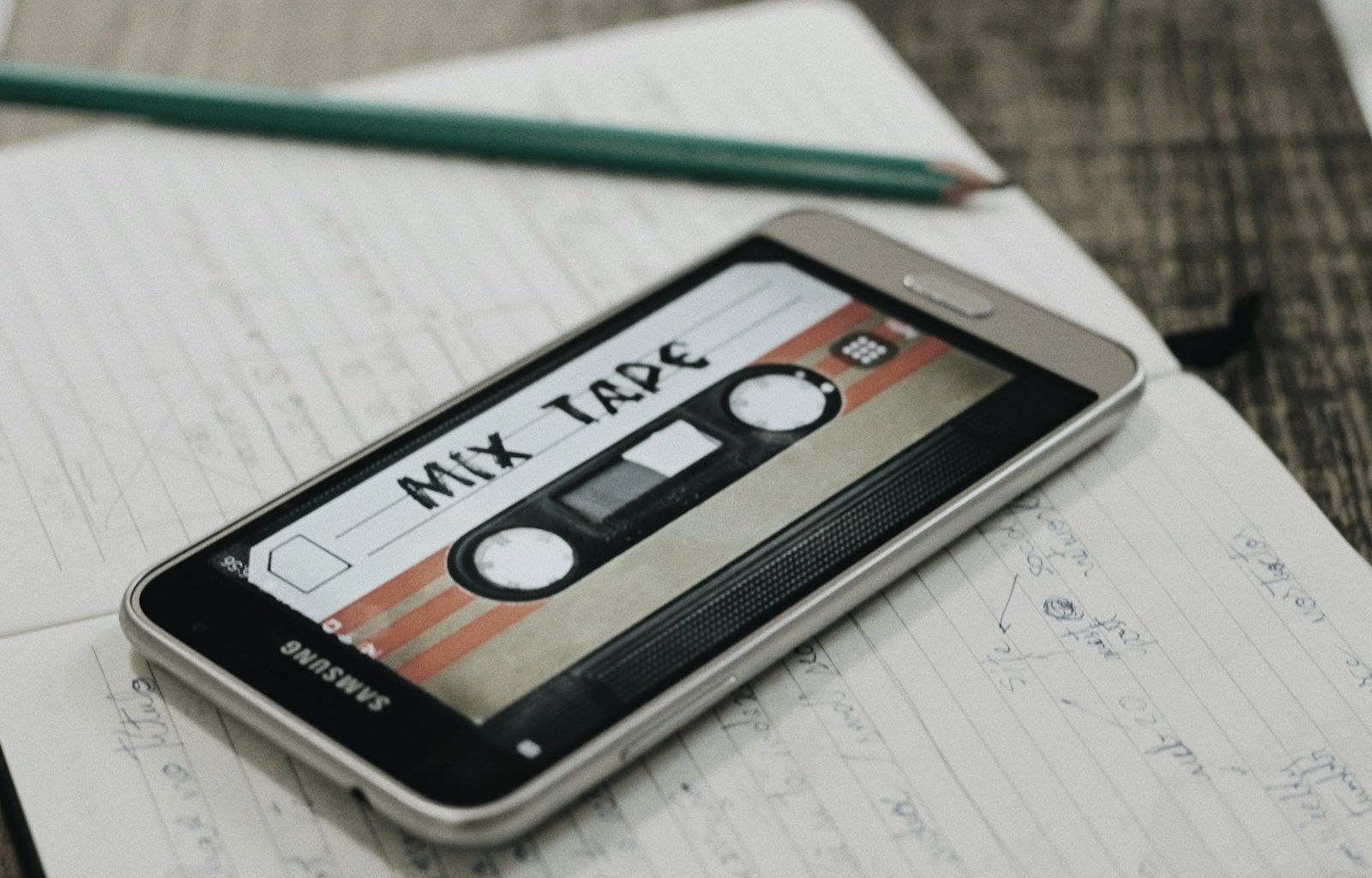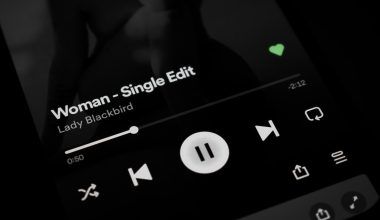If you’re a music lover or someone trying to break into the music industry, you’ve probably heard the terms EP and mixtape tossed around. But what do they actually mean? And how do they differ? These two terms are often misunderstood, even by seasoned music enthusiasts. So, let’s break it down and make sense of it all. By the end of this blog, you’ll have a clear understanding of what an ep vs mixtape are, and why they play such an important role in the music world.
What Is an EP?
First things first, let’s define EP. EP stands for “extended play.” It’s essentially a short collection of songs, usually longer than a single but shorter than an album. Think of it as a middle ground. An EP typically contains 4 to 6 tracks, though some might stretch to 8. Artists use EPs to give their audience a taste of what they’re capable of without committing to a full-length album.
An EP is usually carefully curated, meaning the songs are often related in theme, genre, or mood. For instance, an artist might release an EP to explore a specific sound or concept they’re passionate about. EPs are also a fantastic way for new artists to showcase their talent. Since producing an album can be costly and time-consuming, an EP offers a more budget-friendly alternative.
Why Artists Love EPs
EPs are like a calling card for artists. They’re perfect for testing the waters and gauging audience reactions. Let’s say an artist wants to experiment with a new style. Instead of risking a full album, they can release an EP and see how fans respond. This approach also allows them to refine their sound before going all in.
Another great thing about EPs is that they’re easy to consume. With so many distractions in today’s world, not everyone has the time to sit through a 12-song album. An EP offers a compact, focused experience that listeners can enjoy in one sitting. And because EPs are shorter, they’re often packed with the artist’s best work, making them incredibly appealing.
What Is a Mixtape?
Now, let’s talk about mixtapes. A mixtape is a more informal collection of songs. Unlike an EP, which is typically polished and cohesive, a mixtape often has a raw and experimental vibe. Mixtapes originally started as compilations of tracks made by DJs, but over time, artists began using them as a way to share their music more freely.
Mixtapes are often less structured than EPs. They can include a mix of original songs, freestyles, and remixes. In the hip-hop world, mixtapes have been a crucial platform for artists to showcase their skills and build a following. Think of a mixtape as a musical playground where creativity knows no bounds.
Why Mixtapes Matter
Mixtapes are all about freedom. They allow artists to express themselves without the pressure of commercial success. Since mixtapes are often distributed for free or through platforms like SoundCloud and DatPiff, they’re an excellent way to reach new audiences. Many artists, especially in hip-hop, have launched their careers by dropping a fire mixtape that went viral.
Another cool thing about mixtapes is that they’re not tied to the same rules as albums or EPs. Artists can experiment with different sounds, collaborate with other musicians, and even sample music they might not be able to use in a commercial release. This freedom can lead to some truly groundbreaking work.
EP vs Mixtape: Key Differences
So, what sets an ep vs mixtape? While both are shorter than a full-length album, they serve very different purposes. Here are the key differences:
- Length: EPs are typically 4-8 tracks long, while mixtapes can vary greatly in length.
- Structure: EPs are often cohesive and polished, while mixtapes are more experimental and raw.
- Purpose: EPs are usually meant to showcase an artist’s best work, while mixtapes allow for more creative freedom.
- Distribution: EPs are often sold or streamed commercially, while mixtapes are usually distributed for free.
- Content: Mixtapes can include remixes and freestyles, whereas EPs usually consist of original songs.
When Should You Release an EP?
If you’re an artist wondering whether to release an EP, timing is everything. EPs are great when you have a clear vision and want to make a strong impression. For instance, if you’ve been working on a specific sound or theme, an EP is the perfect way to share it with the world. EPs are also ideal for artists who are building their fan base and want to give listeners something solid to latch onto.
Many artists release EPs before dropping a full-length album. This approach helps build anticipation and gives fans a taste of what’s to come. EPs are also great for keeping your audience engaged between album releases. Think of them as a bridge that keeps the connection alive.
When Should You Release a Mixtape?
Mixtapes are perfect for experimenting and connecting with fans on a deeper level. If you’re in the early stages of your career, a mixtape can help you find your voice and establish your style. Since mixtapes are often free, they’re a great way to reach new listeners who might not be willing to spend money on your music just yet.
Established artists also use mixtapes to keep their creativity flowing. They might drop a mixtape to hold fans over while working on a new album or to explore a side project. The informal nature of a mixtape makes it a low-pressure way to share music and stay relevant.
How EPs and Mixtapes Shape Careers
Both EPs and mixtapes play a crucial role in an artist’s journey. EPs are often the first step toward building a professional career. They show that an artist is serious about their craft and willing to invest in quality production. On the other hand, mixtapes are all about building a connection with fans and experimenting with new ideas.
Some of the biggest names in music started with a mixtape. Artists like Drake, J. Cole, and Chance the Rapper used mixtapes to gain traction and build a loyal fan base. Meanwhile, EPs have been a stepping stone for countless artists to break into the mainstream. The combination of these two formats allows artists to grow creatively and professionally.
Final Thoughts
At the end of the day, both ep vs mixtape are powerful tools for artists. They serve different purposes but are equally important in shaping an artist’s career. Whether you’re a musician looking to share your work or a fan trying to understand the music landscape, knowing the difference between an EP and a mixtape is key.
So, the next time you hear someone mention an EP or a mixtape, you’ll know exactly what they mean. And who knows? Maybe this newfound knowledge will inspire you to explore new music or even create your own. After all, music is all about connection and creativity.
For further reading, explore these related articles:
- Unveiling the Magic of Adam Levine’s ‘Girls Like You’: The Journey of a Chart-Topping Anthem
- Jungkook Solo Song List: A Beautiful Journey of His Music
For additional resources on music marketing and distribution, visit DMT Records Pvt. Ltd..






